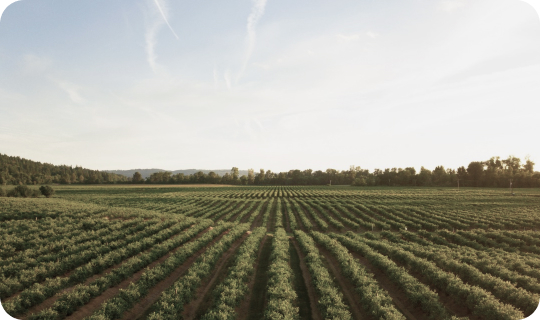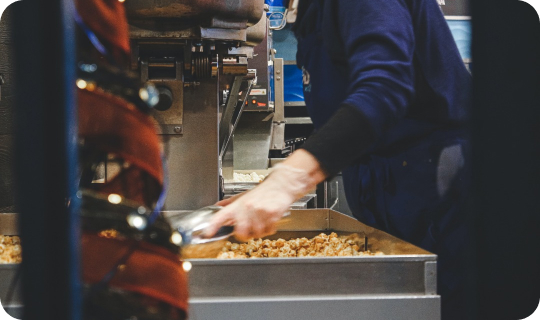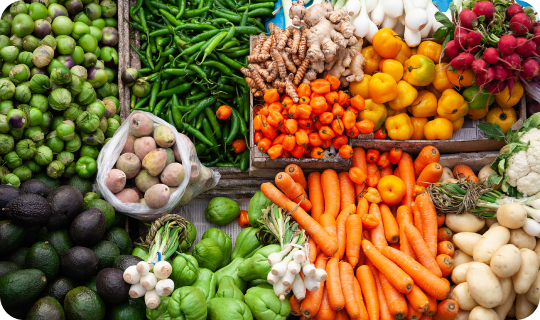SIGN THE FOOD WASTE CHARTER
JOIN OTHER IRISH FOOD AND DRINK SECTOR BUSINESSES AND PLEDGE YOUR COMMITMENT TO REDUCE FOOD WASTE NOW.

Commit to the Food Waste Charter and pledge to working together to reduce food waste
Preventing and reducing food waste brings savings for businesses, through improved resource efficiencies, contributing to a lower carbon footprint.
Signing the Food Waste Charter means you
Pledge
Commit to work together to reduce food waste.
Measure
Monitor and track the food waste and associated cost within your business’ operations.
Reduce
Identify appropriate interventions, set a target and take action to reduce food waste.
Report
Report annually to the EPA on your progress and achievements.
Supporting Organisations
Primary Production
Primary food production, including farming and fishing, is a major part of Ireland’s economy. This sector is heavily reliant on our environment so the impacts of food waste and loss are very much local.


Manufacturing and Processing
The food manufacturing and processing sectors generate a significant amount of Ireland’s food waste. Much of this waste is inedible (e.g. skins, seeds, bones) and used for animal feed or energy production, so is often overlooked when considering food waste prevention.
Distribution and Retail
Distribution and retail are the sectors within the food system that connect food production and processing with final use. Due to this position in food system, distribution and retail are influenced by and can influence the entire system, both up- and downstream.


Restaurants and Food Services
The number of meals typically consumed by Irish people outside of the home is increasing. As a result, food service (including hotels, workplace canteens, bars, restaurants, etc.) is becoming an ever more important sector in relation to food waste prevention in Ireland.
Make your pledge today
Join other Irish food and drink sector businesses and pledge your commitment to reduce food waste now.
